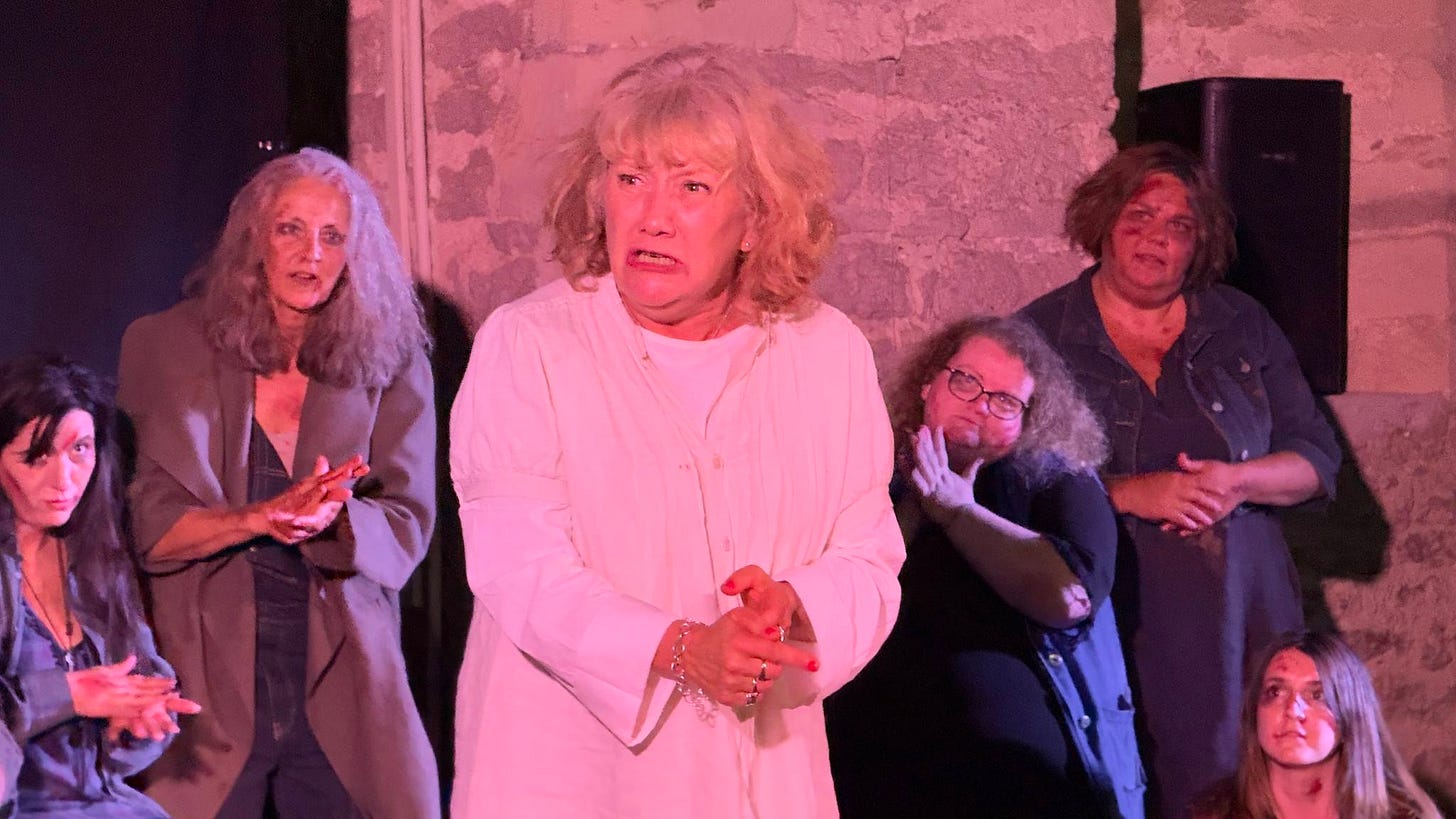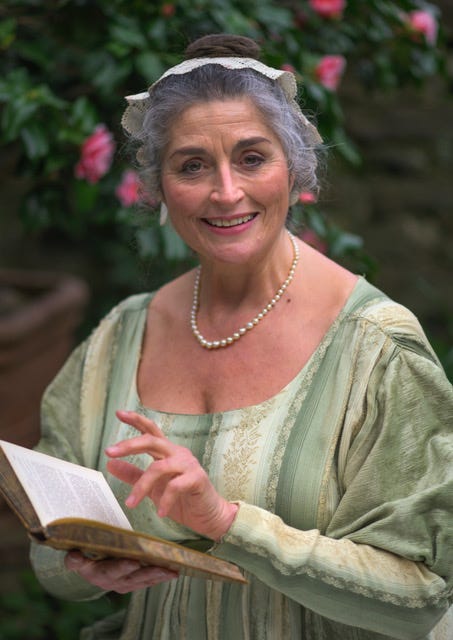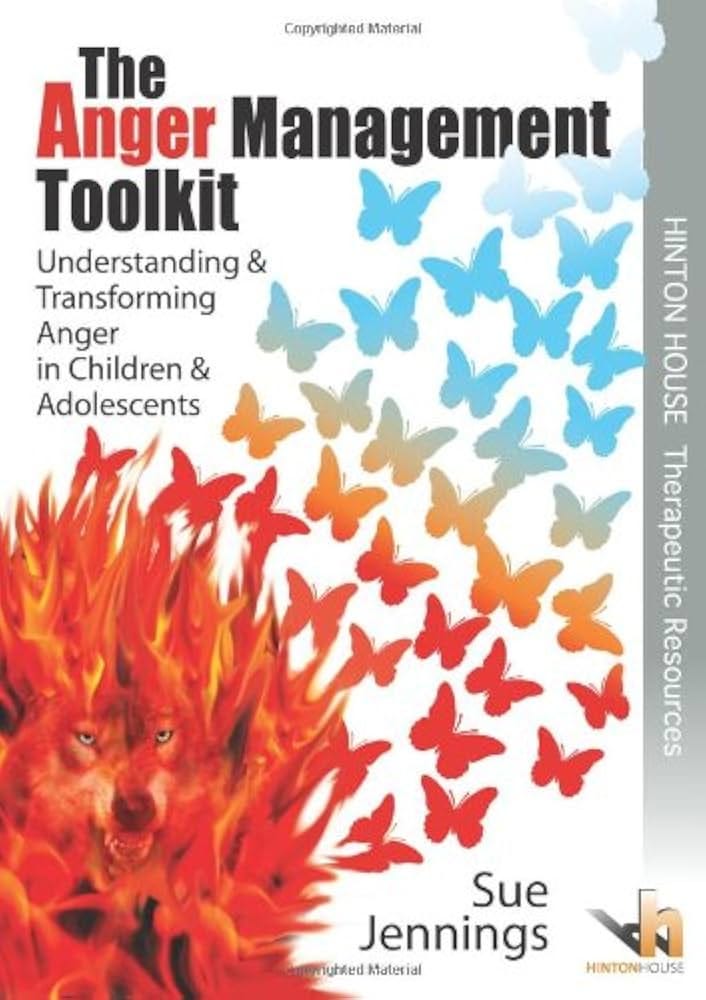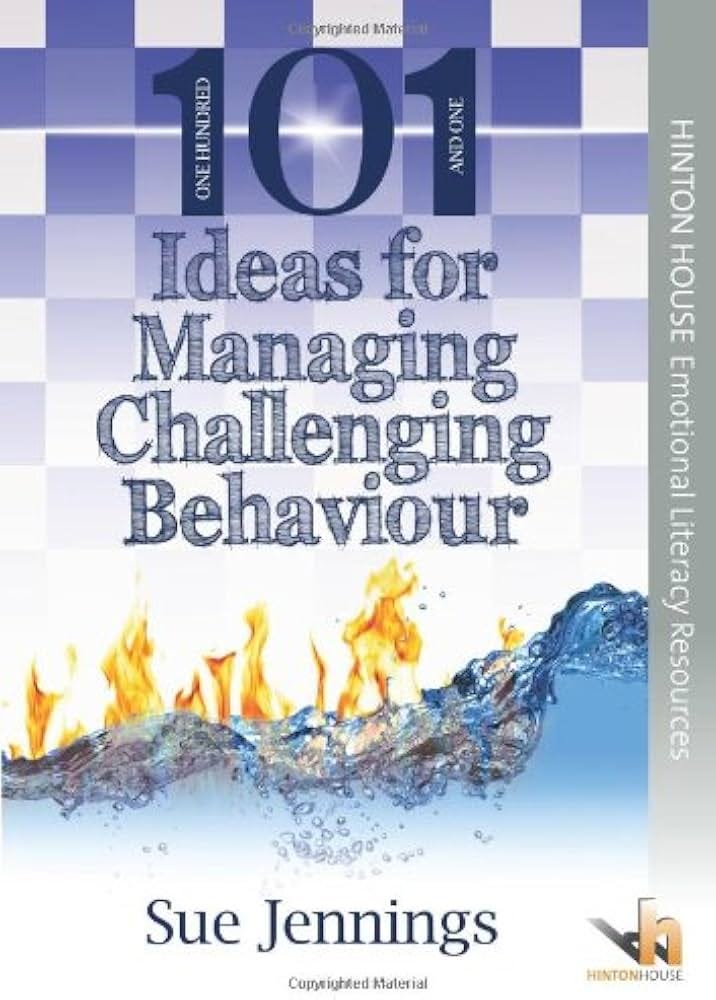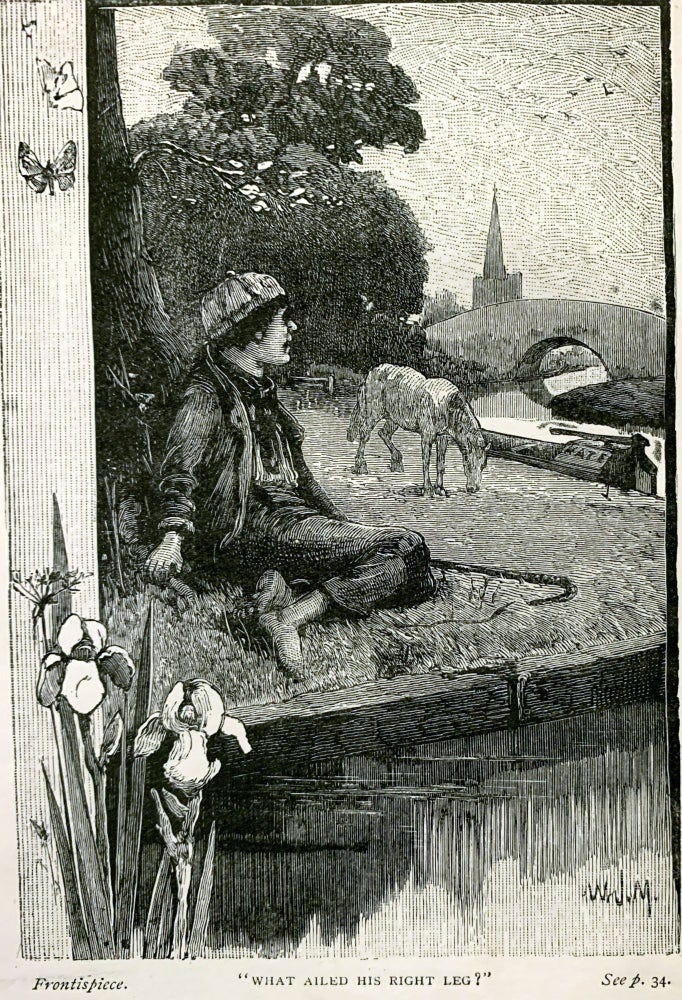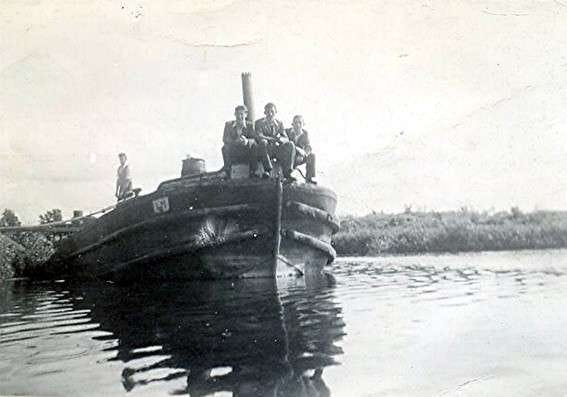What a fabulous, innovative celebration of what is good and creative: ‘Wells Theatre Festival’ presented a rich and varied programme of plays, children’s shows and solo performances. I think it surpassed itself this year with the standard of performances and diversity of productions.
I attended Native Wit (full details below: they are performing at the Tobacco Factory in Bristol, do see it if you can). A delightful two-person presentation with drumming, physics theatre, and chanting of stories and memories that the actors had shared over 30 years. Members of the audience chose each theme from folded notes in a basket, and the actors promptly performed the event; the audience sitting on four sides were entranced, and warmly applauded this unusual and captivating show. I hope it can tour schools and colleges: as well mss being entertaining and extremely funny, it is also educational and would enhance any cross-cultural curriculum.
The main play was Shakespeare’s Macbeth, directed by Ros Johnson, the first time the company have performed a more serious play, having worked through most of the comedies in previous years. The production was stark and menacing, and a powerful interpretation of the witches as wise women. They were on stage or weaving their way through the audience for almost the entire time; suddenly appearing round a corner, or emerging from the audience in quite a menacing way. They were here, there and everywhere, and could well have been freely mixing in Glastonbury.
All the characters were strong, articulate, and with their own cutting edge. Lady Macbeth bought a contained silent fury to her role which had both the pathos and the anger. Banquo and Fleance with a large age range, were strong and convincing, and Macbeth showed well the duality of his personality and his weakening identity in the face of a crumbling life-edifice.
The porter, the only character who brings some lightness and humour, amidst the developing tragedy was hugely effective. He used topical humour about political and other news events in a very skilful way, so that we were not jolted out of our time frame, it all made sense! And the darkness and shadow of Macbeth stayed with us after the end, as we blearily made our way out into the twilight.
I was fortunate enough to get a ticket for Kim Hick’s play about Jane Austen’s writing - especially her humour. It was amazing to learn that Kim has been performing her one-woman show for 44 years, with the same script! And what a delightful play it is. It has certainly stood the test of time and led us down pathways that most of us did not know about Jane Austen. Those of us that read her again as adults, have these vague memories of being made to study various passages, ready for O-level exams, (doesn’t that date me!), but there was no soul in the teaching. We were dealing with a commodity, and it needed to be understood for an examination, and we learned by heart the right quotes.
The following are the performer’s own words about her play and a delightful photograph of her in costume.
I now bill the show “The longest running Jane Austen Show in the World!”
I've performed it at numerous festivals and venues in this country - often in Bath. Also in Canada, America, Australia and Germany. I’ve performed to audiences of 500 or more right down to an audience of 1!
Originally I took it round schools because I felt schoolchildren often left school not recognising just how funny Jane Austen’s writing can be. All the films and TV series of her novels focus mainly on the love stories - you get bits of her dialogue verbatim but the narration is missing and that is what I like to include so you see what a great observer of human nature Austen was.
In the 44 years I have been doing this show (the same pieces from the word go until now - chosen simply because I love them and these passages make me laugh) I have never tired of her amazing way with words.
And it is the same with Shakespeare… Grr. I write more about this in Nest Members’ section - not just teaching but education nation in general.
With Love,
Dr Sue
(July (1) 2024)
Nest Members: Free Consultation
Wednesday 7 August 6-7.30.
Announcing our next Consultation, free for paid members do let us know you are attending; this is an opportunity to bring questions about NDP practice or research or struggles with clients. You set the agenda!
New Book Tie-in Webinars
We have some new webinars coming up this summer – just the right thing if you are at a loose end, wherever you are! Two of the webinars include a book on the topic at a price greatly reduced from their RRP, making them amazing value!
1. Anger Management, Monday 22 July 1200-1330 OR Saturday 27 July, 0900-1030. Includes book: ‘The Anger Management Toolkit’. Cost: ONLY £35. (If you prefer the course without the book, £25).
2. Managing Challenging Behaviour: for older children and young people, Wednesday 7 August, 1200-1330 OR Saturday 10 August, 0900-1030. Includes book: ‘101 Ideas for Managing Challenging Behaviour’. Cost: ONLY £35. (If you prefer the course without the book, £25).
3. Children and Young People who Self Harm: working with Creativity and Play, Wednesday 14 August, 1200-1330 OR Saturday 17 August 0900-1030. Cost: £25.
Main Article: NDP and forms of Play
We have discussed the basics of NDP in previous Newsletters, namely: Water Play, Rhythmic Play, Messy Play and Dramatic Play. Although water play probably starts it all off, these contrasting play-forms start and interact with each other, rather than following a developmental pathway.
“Rhythmic play usually gives safety and security, and messy play is the adventure for the curious!” (Jennings 2024)
There in the background is the steady heartbeat, slowing down at night, speeding up again. Alerting us to danger when it beats really fast, calming us down when it slows to gentle rhythm, influenced by our breathing. One reason that bubble blowing can be helpful during any fear episodes, is that you need a deep, slow breath to make the bubbles happen.
Rhythmic Play: so we are calm with our heartbeats, and we are rocked in arms or cradles: I wonder why cradles and rocking chairs became things of the past – any thoughts?
I realise that promoting PLAY in all its forms, has become something of a mission for me, as I see an increase in adults and authorities diminishing play, or seeing it as something you grow out of! I was re-reading some of the amazing chapters in ‘Routledge International Handbook of Play, Therapeutic Play and Play Therapy’ (2021). In her Chapter on Play Therapy, Sonia Murray points out:
“There has been an increase in play deprivation and a potential increase in play bias (for example sports directed play), and this is impacting on children’s holistic wellbeing, including resiliency. Resilience is not being developed as children are not playing as frequently with others. In playing with others, they learn to fall in and out of friendships, find ways to repair relationships, resolve conflicts, understand situations from other’s perspectives, and bounce back from setbacks.” (p.332)
Increasingly teachers, therapists and parents alike are noticing that there is increasingly less empathy and resilience in young children. And where do they learn these essential attributes that contribute to the growth of the ‘whole child’? Through play – and play with others – small groups and big groups; not lone-play or computer play or video games! Social play with other children and later during teen times.
Plenty to think about!
With love,
Dr Sue
(July (1) 2024)
Bits and Pieces:
Studying NDP: remember there are several ways to gain a Diploma in NDP. You can spread the training over several months by studying at weekends joining our webinar tutorials on our Live Diploma Course OR you can apply for the ‘Self-Guide’ course, and study all of it in your own time and at your own pace, OR you can come to Naxos in early October, and spend a week on this idyllic island, playing on the beach and in the shallows.
Watch this space! We shall shortly be announcing the ‘NDP Student of the Academic Year’, which is awarded to someone who has consistently shown a high standard in their assessments, coursework and workshops.
Just a little nudge – please consider becoming a paid subscriber – not only does it help me as a writer – you also gain more, with additional articles, stories and techniques, free webinars and 10% discount on any UK training. As a paid subscriber you are supporting new things that I am creating and are closely involved in the process. Just £65 per year or monthly instalments. Thanks and a hug.
And finally, our bed-time story. This time it is the next section from our story about life at a rural school after WW2.
Miss Penny-Weather’s Country School
The Story of Jimmy Swift, the Boy from Somerset:
Miss Penny-Weather’s Country School story is based on events that the author experienced or that she heard about as a child in post-war Britain. It creates the atmosphere of the rural school and is a useful addition to lessons about social history. It will be published as a book later this year.
Episode 4
Jimmy Swift dashed along the tow path to where their barge was making its slow journey through the locks. Jimmy was humming a cheerful song to himself as he unwound and wound the handle that operated the lock gate, to let the water level change and so make it possible for their barge to continue. His mother gave him a big smile, pleased that he was looking so cheerful. Life on barges was tough, and Jimmy was often tired from all the physical work, as he helped his father lift heavy sacks, barrels and boxes.
His dad called out, ‘And what are you looking so cheerful about?’ Jimmy hadn’t decided yet whether he would tell his parents about the rosehips. He thought it could be a surprise when he came home with extra pennies. But it sounded as if his father wanted an answer, and his mother gave him a warning look. ‘Oh we have got the chance to earn some extra pennies at school,’ he said. ‘You what?’ said his father. ‘Doing what, might I ask?’.
His father did sound angry and Jimmy wasn’t too sure where this conversation was going. He thought he had better say or his dad might get suspicious. ‘All the children are picking rosehips and the school is buying them’ Jimmy said. ‘What on earth for?’ replied his dad, steering the barge through the narrow space into the canal lock. ‘It’s for the Government, they want more Vitamin C,’ said Jimmy, desperately trying to remember what Miss Penny-Weather had said to him earlier. ‘Well you’re not doing it,’ said his dad. ‘Pennies for berries – whatever next. We are not the poor folk. We can manage thank you very much. Not like that sister of yours,’ he said to his wife. ‘Her husband can’t even keep a job and look after his family. I bet their daughter is picking all the berries she can,’ he added with a nasty laugh.
Jimmy’s mother looked away, feeling embarrassed, she knew things were not pleasant between the two families. And Jimmy remembered that his cousin Sheila who went to the same school, had said to him that they had better not talk to each other as her mum and dad did not approve of his family. He felt sad at this because he and Sheila were about the same age and would have enjoyed a friendship. Families! Did they have to fall out?
He realised his dad was talking to him, ‘…so have I made myself clear? You are not earning pennies for berries. I always thought you would start learning strange ways at that school,’ his dad said. ‘Now, not another word on the matter.’
Jimmy’s mum looked at him as if to say, ‘keep quiet for now.’ Jim felt so sad, he thought this was a chance to really help his family, as there wasn’t exactly lots of money around. He waited until he could talk with his mum which was much later that day, when his dad had gone to sort out some paperwork, with the furniture factory where they were buying the large logs, he had on board the barge that day. And his mum said, before he could say a word, ‘Its no good Jimmy, your dad is a proud man, and the idea of you selling berries, at school is against everything he believes in – he should support and look after our family. So it’s no good trying to change his mind, I’m sorry.’ Jimmy could have cried, but he knew that it would upset his mum, so he didn’t say a word. But as he washed his hands and face, ready for their evening meal, their supper, an idea began to form in his head, a nice idea that could please several people.
They had their meal and dad moored the barge in the canal basin for the night. Tomorrow they had to load up barrels of tar and take them to the road builders at the other end of the canal. As Jimmy fell asleep to the sounds of the night birds and foxes, and the lap-lap of the barge gently moving in the water, he thought again about learning to read. That his dad would really appreciate, as you needed to read for so many things. He would ask Miss Penny-Weather to help, he was sure she had the answers….
(If you prefer to listen to these stories, they will shortly be available on YouTube ‘NDP Storytime with Sue Jennings’ and ‘Stories of Mouse and Mouse’)
Welcome to our Subscribers’ exclusive area with more news items, resources, stories and more. If you can’t see the below then please do subscribe and join us!
Dear Friends and Colleagues of The Nest!
What a turbulent week! Coming altogether, the General Election, Wimbledon, the British Grand Prix – can anything else cause lack of sleep, excitement and loss of energy!! Or are we in for a quiet period now?
Keep reading with a 7-day free trial
Subscribe to Sue Jennings Presents to keep reading this post and get 7 days of free access to the full post archives.







